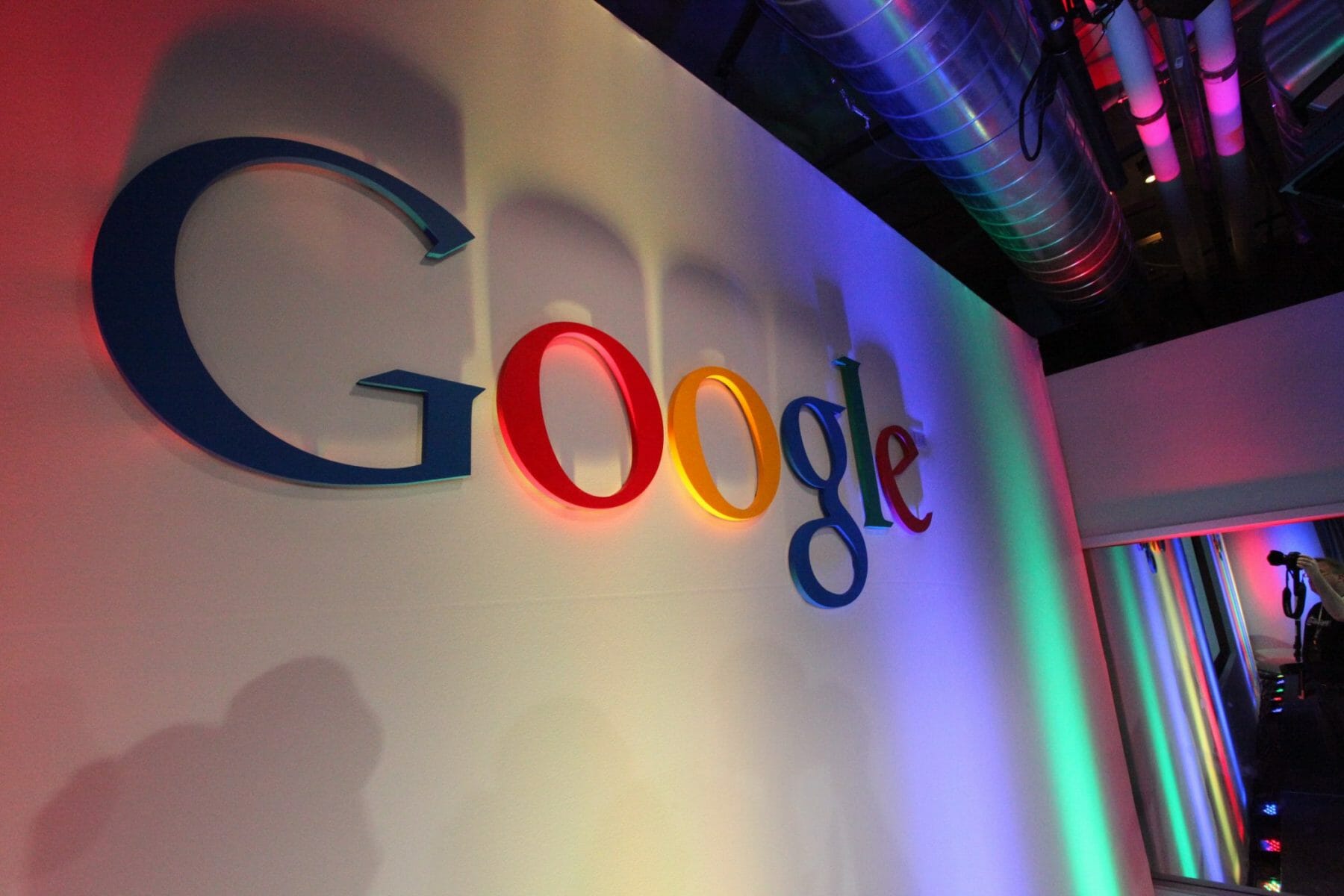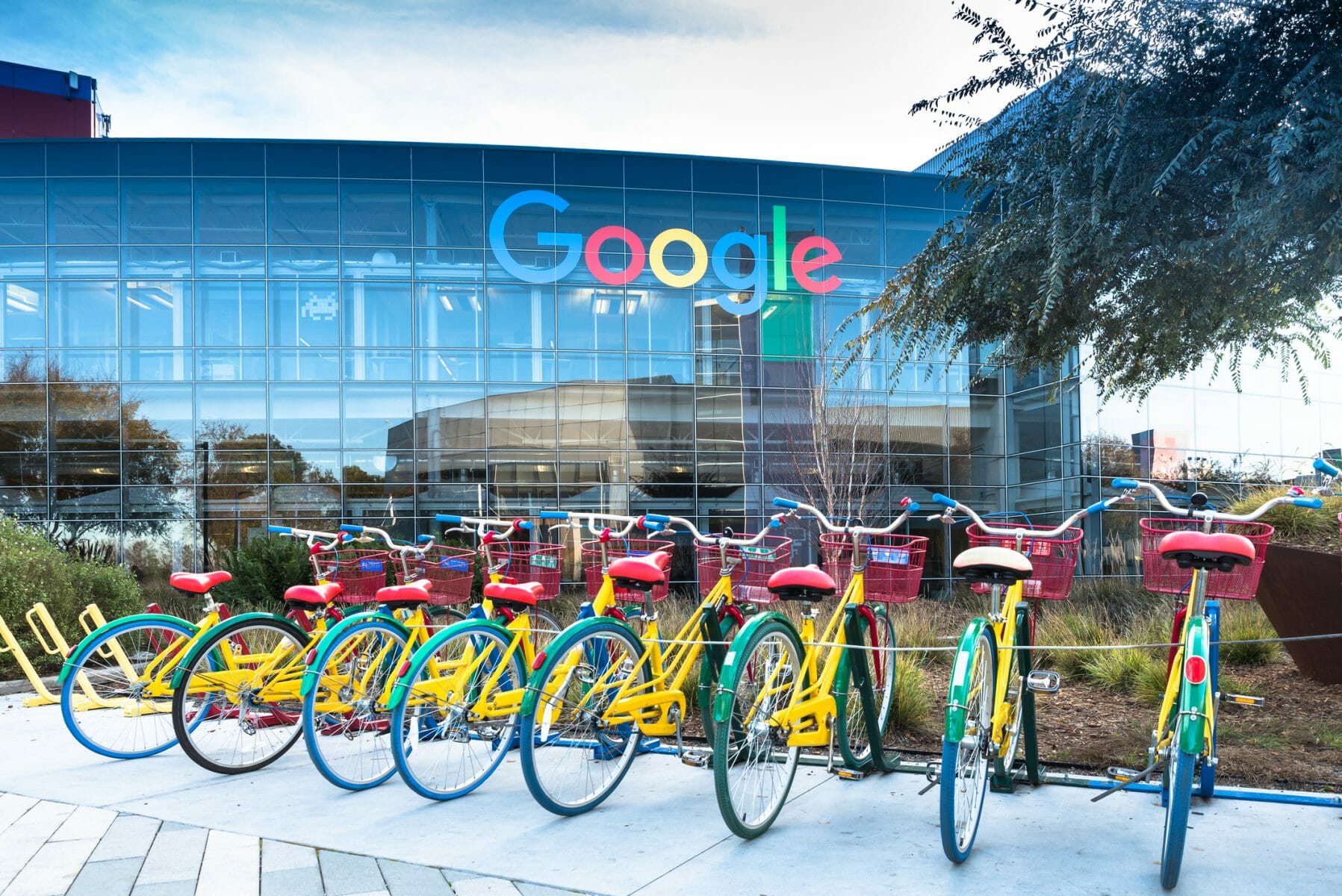
Articles
In Light of Facebook and Cambridge Analytica, Will Anyone Revisit Google’s Data Collection in G Suite for Education?
By Henry Kronk
April 22, 2018
This month, Facebook CEO Mark Zuckerberg testified before Congress regarding his company’s practices of data collection, among other things. The testimony was ushered in by the revelation that Cambridge Analytica purchased the data of over 50 million Facebook users without their knowledge or explicit consent. This data was then used by the 2016 Trump presidential campaign. The company was also involved in the Brexit vote along with the 2016 campaign of the heavy-handed President of the Philipines, Rodrigo Duterte.
In terms of data collection and privacy, public interest and/or outrage seems to come in waves. In the mid aughts, news emerged that the NSA was collecting data of U.S. citizens en masse. It made a small stir. When Edward Snowden leaked his trove of documents, the lid was completely blown off. After the fallout, things cooled down until this spring.
“I would just say that all of these news headlines are simply indicative that we live in a technology-driven society,” said Sophia Cope, an attorney at the Electronic Frontier Foundation (EFF). “Many of the products that we use, we can use them for free. Oftentimes when the product or the service is free, that means we’re actually the product. Our data is useful to these companies. And usually that’s because of advertising, but it can also be for other purposes. With Cambridge Analytica, it was for political research purposes and political advertisement.”
Data Collection and Google
In light of the recent happenings, eLearning Inside News has decided to revisit a data collection issue that few know or care about: Google continues to collect the data of K-12 students using some of their products.
 “Google [is] offering G-suite education services to schools and school districts for free, or at least at a very low cost,” Cope said. “They also have Chromebooks in schools too which are, of course, directly linked to the Google Cloud.” (Google clears razor thin margins on their Chromebook sales.)
“Google [is] offering G-suite education services to schools and school districts for free, or at least at a very low cost,” Cope said. “They also have Chromebooks in schools too which are, of course, directly linked to the Google Cloud.” (Google clears razor thin margins on their Chromebook sales.)
“EFF in 2014 filed a complaint with the Federal Trade Commission. Well, the FTC never did anything with our complaint.” Until 2017, that is, when they suddenly held a workshop seeking public comment on Google’s data collection practices in K-12 classrooms.
“We wrote to them in December for their workshop, and we were like, ‘That’s great, you’re doing this workshop two years later, but what happened with our complaint?’ Anyhow, one of our major complaints that time was that students were given these Google accounts, and you can see from a survey that we had done last year that a lot of the time they didn’t even have a choice and parents didn’t have a choice. They didn’t know this was happening.”
“They’re still doing some data collection and they’re pretty open about it. They’re collecting data for their own purposes to improve their products or just to better understand their users and in general. That’s not necessarily a terrible thing, but it’s just that with students, you know students are minors and a lot of parents don’t want any kind of third party tracking and collecting data on their kids.”
In the meantime, Google has stopped selling student data. But they still collect it for their own purposes.
“They’re still doing some data collection and they’re pretty open about it. They’re collecting data for their own purposes to improve their products or just to better understand their users and in general. That’s not necessarily a terrible thing, but students are minors and a lot of parents don’t want any kind of third party tracking and collecting data on their kids. And so there’s a real conflict of interest in terms of Google’s commercial [operations] and what is reusable for the education controlled environment. We have heard directly from parents, particularly from our survey, who don’t want any of that happening.”
According to Cope, the laws regarding consent for minors in school systems are complicated and, in many cases, fraught.
The Issue of Consent
“There’s this federal privacy law called the Family Educational Rights and Privacy Act (FERPA). It applies to any school that accepts federal money. The law requires that if data is going to be collected on students, either by the school itself or some kind of contractor that the school uses, that data collection cannot happen without parental written consent, and so if they don’t get written consent, the data collection cannot happen.”
“But there’s an exception to that rule called the School Official Exception. Basically there are four criteria that have to be met, and if the criteria are met, then a school can provide consent for a contractor to collect data on students, and thus remove the need for parental consent. And so what Google does is, you can see in their standard contracts for G suite for education is they say, “We are a school official,” and therefore they themselves as the company don’t have to go get consent directly from the parents as long as the school district says, “Yes, we want this to happen.”
“We just think that’s wrong as a legal matter, you can’t just deem in a contract that this is the case, the law actually requires that there be an analysis of whether these criteria are met for a school to be able to provide consent in lieu of the parents. Even if there are situations where the verbal requirements are met and technically Google doesn’t have to directly get parental consent for data collection on students through the Google accounts that they’ve set up, we still think as a policy matter, schools should allow parents to opt their children out of using Google.”
Generating interest in data collection matters of public concern is no easy matter. Usually, it takes a high profile event—like the 2016 election—to galvanize interest. For now, no one is standing in the way. It’s unclear where the FTC is at in the process of looking into Google’s practices. The agency did not respond to a request for comment on the issue.
The case of Cambridge Analytica and Google in K-12 classrooms might seem like a very different story, but many similarities exist. In a following article, we will look into their privacy agreement, how it has changed, and how it might easily mislead a concerned parent, learner, or teacher.
Image: Robert Scoble, Flickr.









No Comments